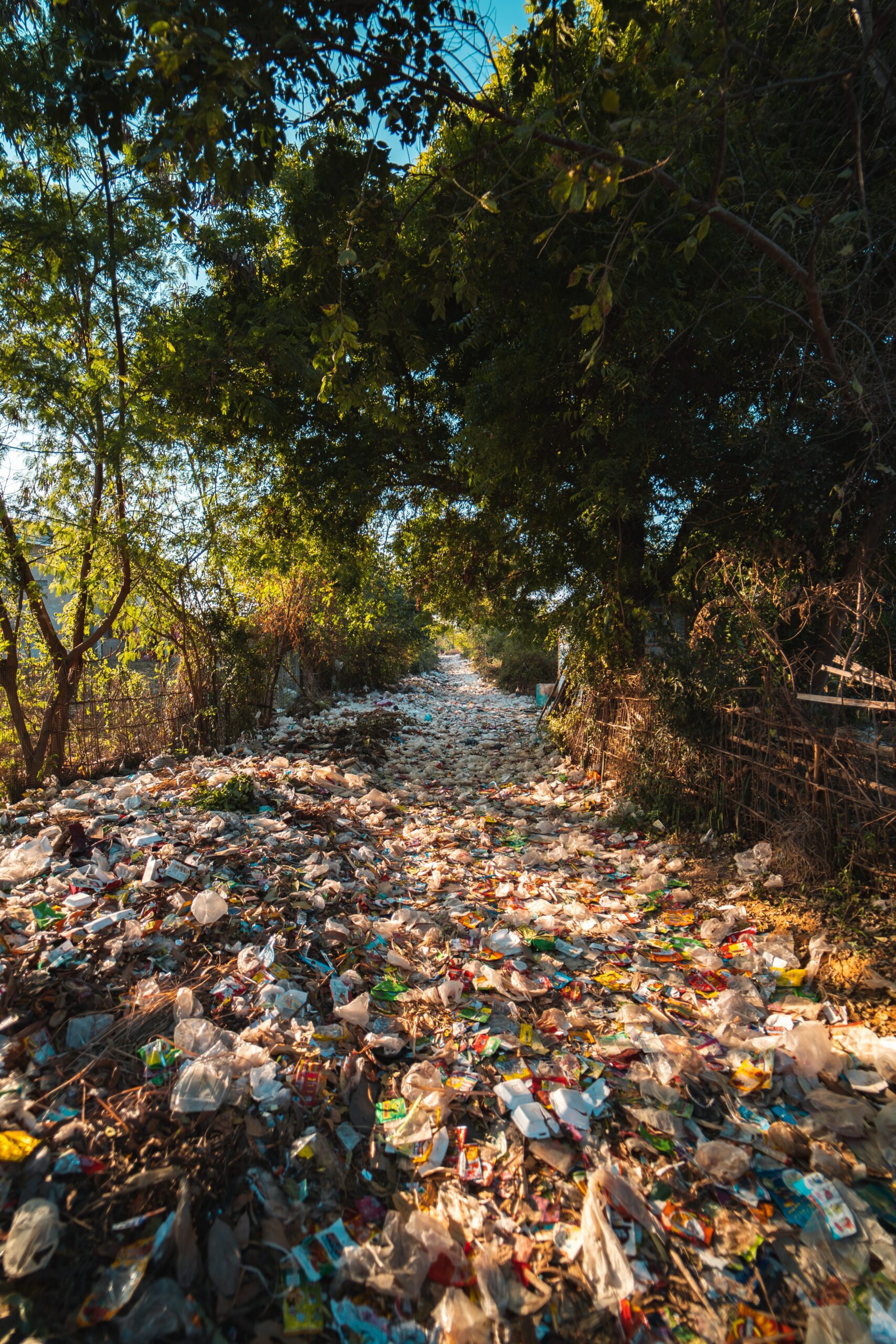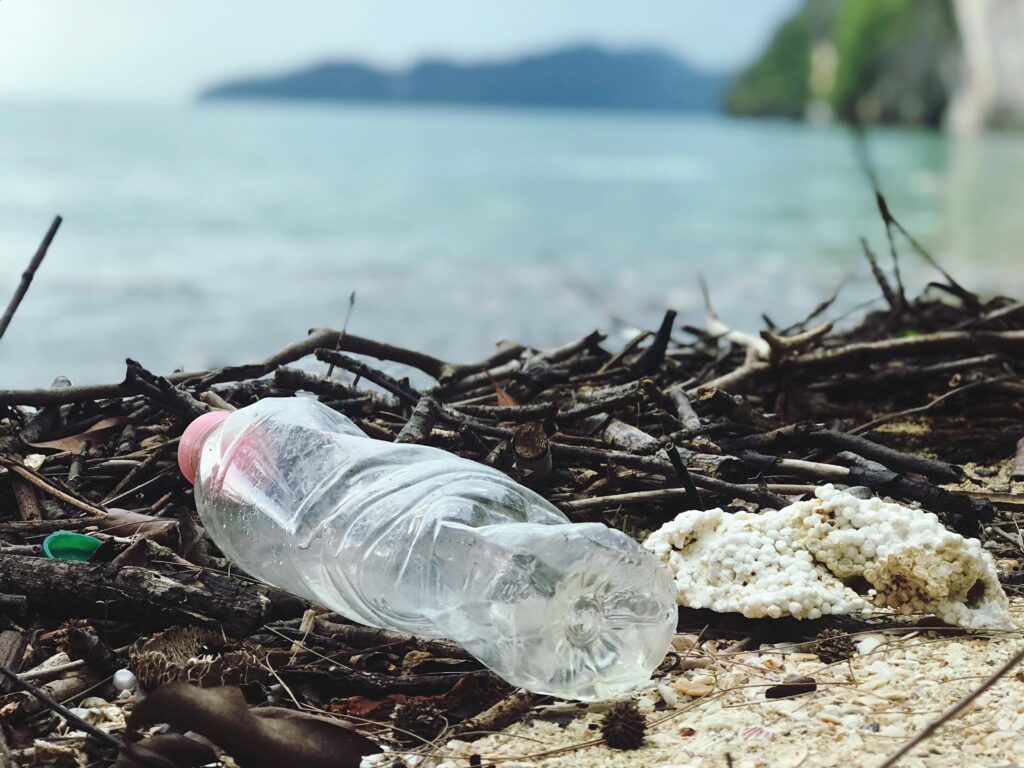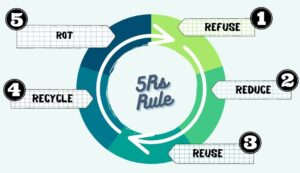Reducing plastic pollution is a challenge that is receiving increasing attention from multinational companies. While private sector engagement remains a major pillar in addressing the plastics crisis, the diversity of actors, levels of engagement and approaches makes this a complex challenge.
In an article entitled “Corporations and plastic pollution: Trends in reporting” and published in the journal Sustainable Futures in 2021, researchers from the Stockholm Resilience Centre and Duke University study corporate reports of the 200 largest multinationals published between 2010 and 2019, i.e. more than 2300 reports. The objective is to understand the degree of importance – of “materiality” – that multinationals give to plastic, the circular economy and waste, through the analysis of their corporate reports. The analysis shows that these issues have become important to the extent that the number of reports mentioning “plastic pollution” has increased by almost 20% between 2016 and 2019. It is particularly in consumer goods sector reporting that the issue of plastic pollution is becoming more prominent, compared to the oil, automotive and gas sectors. The researchers note that this trend also corresponds to a growing consumer demand for pollution reduction. In fact, the different levels of engagement by multinationals across sectors and geographical areas reflect the complexity of the issue.
An in-depth analysis of reports from 37 of the 200 multinationals shows that engagement varies according to a number of factors. For example, there is a widening gap in commitment between companies which do or do not participate in ‘green clubs‘ already committed to plastics and waste issues (such as the Ellen MacArthur Foundation’s Circular Economy Club); participation in these clubs encourages corporations to be forward-thinking and to make the transition towards plastic pollution reduction. On the contrary, the lack of standards to guide them towards plastic reduction reinforces the variations between the different levels of commitment. This in-depth analysis ultimately reveals how the private sector focuses on recycling rather than the whole plastic life cycle; the challenges are actually broader and the authors call for a whole system approach. The authors argue for the need to ensure that corporate reports encompass more data, for instance with interviews, and include plastics issues. The paper concludes with the importance of examining the role of green clubs and the need to foster the engagement of plastic producers.

The article recalls a number of elements that are directly consistent with the activities of ConsultantSeas. It states that the private sector is one of the essential levers of action for solving plastic pollution by acting, among other things, on the production and design of goods and packaging, as well as on their management once they have become waste. ConsultantSeas dedicates part of its assignments to supporting companies in the development, implementation and evaluation of their strategy to reduce their plastic impact. However, meeting these challenges will not be possible without a real multi-stakeholder effort along the plastic value chain. This is why we are also working on the dynamics of “green clubs”. For example, we have been mandated to lead the BeMed Business College, which helps companies to go further collectively than legislation requires and individual action allows. Beyond the involvement of all actors, the resolution of the problem must also take into account all levels of the plastic life cycle to initiate a profound change in the paradigm in which we find ourselves. Finally, the impact of the actions taken must be monitored; ConsultantSeas assists its clients in monitoring and implementing reporting tools on the subject.



